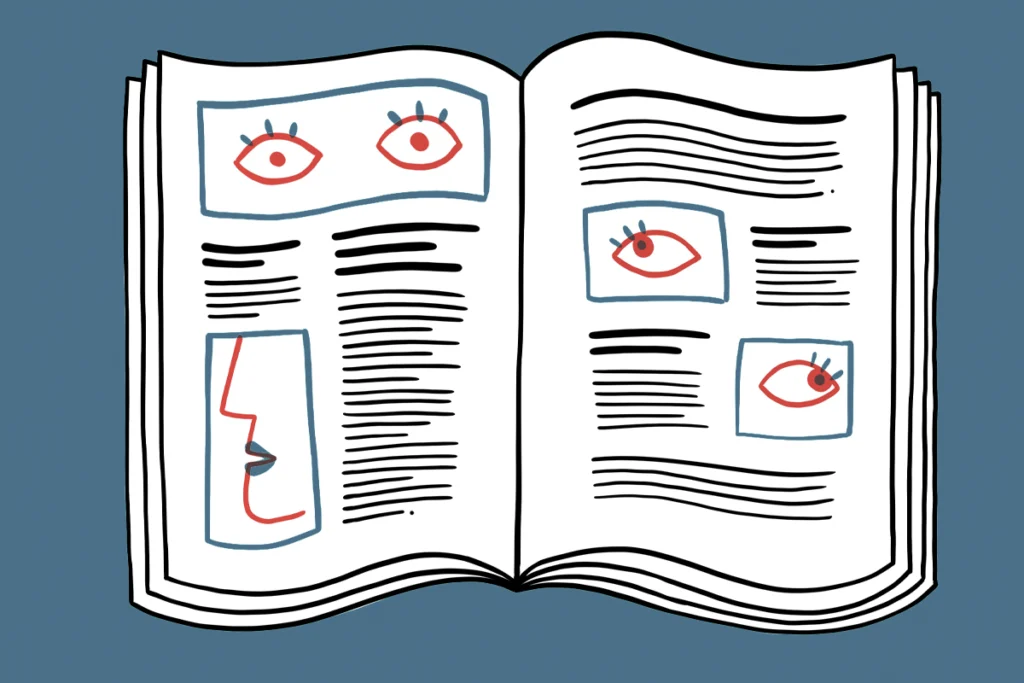
Low brain hormone levels may be reliable marker of autism
Children with autism tend to have low levels of the hormone vasopressin in their brain, according to the largest study yet to look at the levels.
Children with autism tend to have low levels of the hormone vasopressin in their brain, according to the largest study yet to look at the levels. The readings distinguish autistic children from controls, and track with the severity of social difficulties in boys.
Researchers presented the findings today at the 2018 Society for Neuroscience annual meeting in San Diego, California.
The results support the idea that boosting the hormone’s levels may ease social difficulties in some autistic children.
“We are thinking that it is a promising biomarker and potential therapeutic target for autism’s social deficits,” says Özge Öztan, a research scientist in Karen Parker’s lab at Stanford University, who presented the findings.
Vasopressin and the related hormone oxytocin both regulate social behavior in mammals. Disrupting the action of either hormone induces social problems in several species; both hormones have been proposed as possible treatments for autism.
The researchers measured oxytocin and vasopressin levels in samples of cerebrospinal fluid — the liquid that bathes the brain and spinal cord — from 36 autistic children and 36 controls. The children range in age from 2 to 9 years. The controls were matched for age and sex but their samples were drawn for medical reasons unrelated to autism, such as meningitis or cancer.
Fluid dynamics:
The average level of vasopressin in the autism group is 66 percent lower than in the control group, the study found. However, the two groups do not differ in their average oxytocin levels.
The researchers then tested whether an individual child’s vasopressin level predicts her autism. They found the levels to be predictive for all but eight of the children with autism and nine of the controls. Oxytocin levels do not predict autism diagnoses.
The team next measured autism severity using a test based on the Autism Diagnostic Observation Schedule. They found that low vasopressin levels track with severe social difficulties but not with restricted interests or repetitive behaviors. This pattern holds true only for boys with autism. Oxytocin levels do not track with autism severity. The results also appeared in the October issue of the Annals of Neurology1.
The findings jibe with those reported in May from seven boys with autism and seven controls. It is unclear whether low vasopressin levels are specific to autism or whether they also accompany other conditions of brain development.
For more reports from the 2018 Society for Neuroscience annual meeting, please click here.
- Oztan O. et al. Ann. Neurol. 84, 611-615 (2018) PubMed
Explore more from The Transmitter

It’s past time to stop using the Reading the Mind in the Eyes Test
Robots boost data consistency in rodent studies reliant on mechanical, optogenetic stimulation
